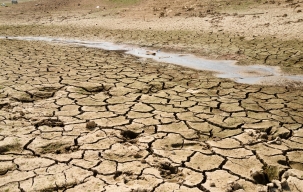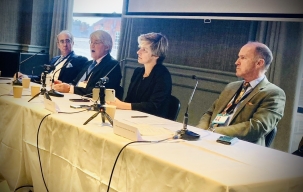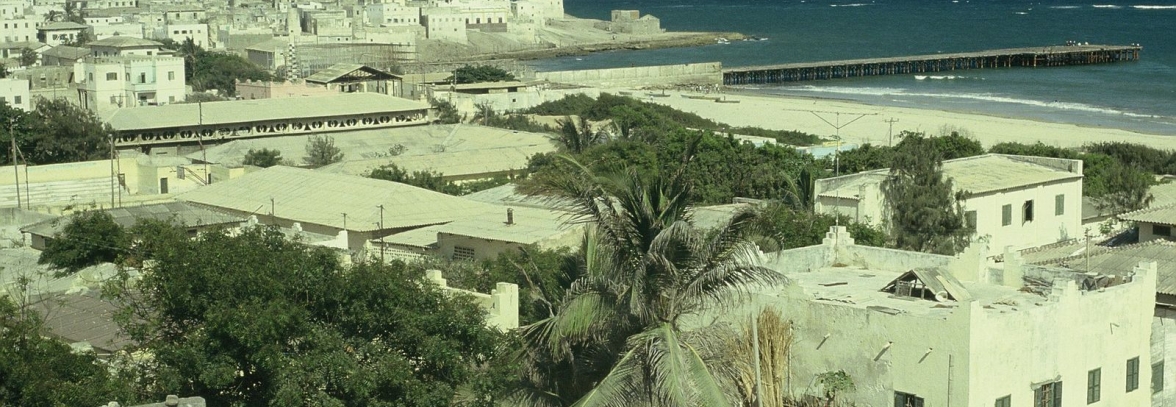Key dates
Latest
-
 Members content
Members content -
PodcastsDefence & Security — 2 Oct 2024
Podcast: CMEC at CPC24 pt.2: Does 'Stop The Boats' start in the Sahel?


Mogadishu
15 million
Parliamentary republic
President H.E Hassan Sheikh Mohamud
Prime Minister Mr Hamza Abdi Barre of the Federal Government of Somalia
July 1st
H.E Mr Abdulkadir Ahmedkheyr Abdi
The Embassy of Somalia, Moran House, Suite 9, 449-451 High Road Willesden, London, NW10 2JJ
H.E Mr Michael Nithavrianakis MVO
The British Embassy Mogadishu, Mogadishu, Somalia
Civil war and secession
Rival warlords tore the country apart into clan-based fiefdoms during a decades-long civil war that followed Siad Barre’s ousting. Two relatively peaceful regions effectively broke away. In 1991, former British Somaliland declared unliteral independence. 1998 witnessed the declared autonomy of Northern Puntland, the region between the two territorial entities, which are now called Somaliland and the Federal Republic of Somalia.
In 2006, a coalition of Islamist shariah courts seized the Somali capital of Mogadishu and much of the south of the country, prompting interventions by Ethiopian and African Union forces. The courts militias were soon driven out. In 2010, Al-Shabab, also known as Al-Shabaab (The Youth in Arabic), a jihadist group which broke away from the Islamic Courts, declared an alliance with Al-Qaeda. The group advanced into southern and central Somalia prompting an armed intervention by Kenya. Al-Shabab launched a campaign of bombings and assassinations that continues until today. In October 2017, Somalia’s government blamed the group for a huge truck bombing in Mogadishu that killed more than 500 people.
Struggle for stability
In 2012, despite conflict and terror attacks, efforts to restore a central authority to Somalia made substantial progress, with the first holding of a presidential election since 1967 and with the swearing in of the first parliament in more than 20 years. Pro-government forces made important advances against Al-Shabab, mainly in the south.
Mohamed Abdullahi Mohamed served as President of Somalia and then as acting president following the expiry of his term, following the refusal by two federal members, Puntland and Jubaland, to recognise him as president. Both regions have now agreed to elections.
Progress towards peace
The World Bank believes Somalia has enjoyed “a sustained period of political and institutional progress” that “reflects a country transitioning out of fragility and protracted crisis.” Key constitutional questions remain but, according to the Bank, “…federalism appears to offer a new means to negotiate power and resources, and to manage developmental imbalances between the more stable northern regions and those in the south still emerging from conflict.”
The hope of growing political stability could see Somalia’s economy benefitting from its proximity to Ethiopia and the dynamic change currently being experienced by countries in the Horn of Africa and Red Sea regions.
Political stalemate
Despite significant progress, there is currently political deadlock in Somalia. Political in-fighting has been blamed on the failure to hold presidential elections to choose a successor to president Mohamed. In late 2021, the President himself was engaged in a feud with his own prime minister, Mohamed Hussein Roble, and even suspended his powers to hire and fire officials.

